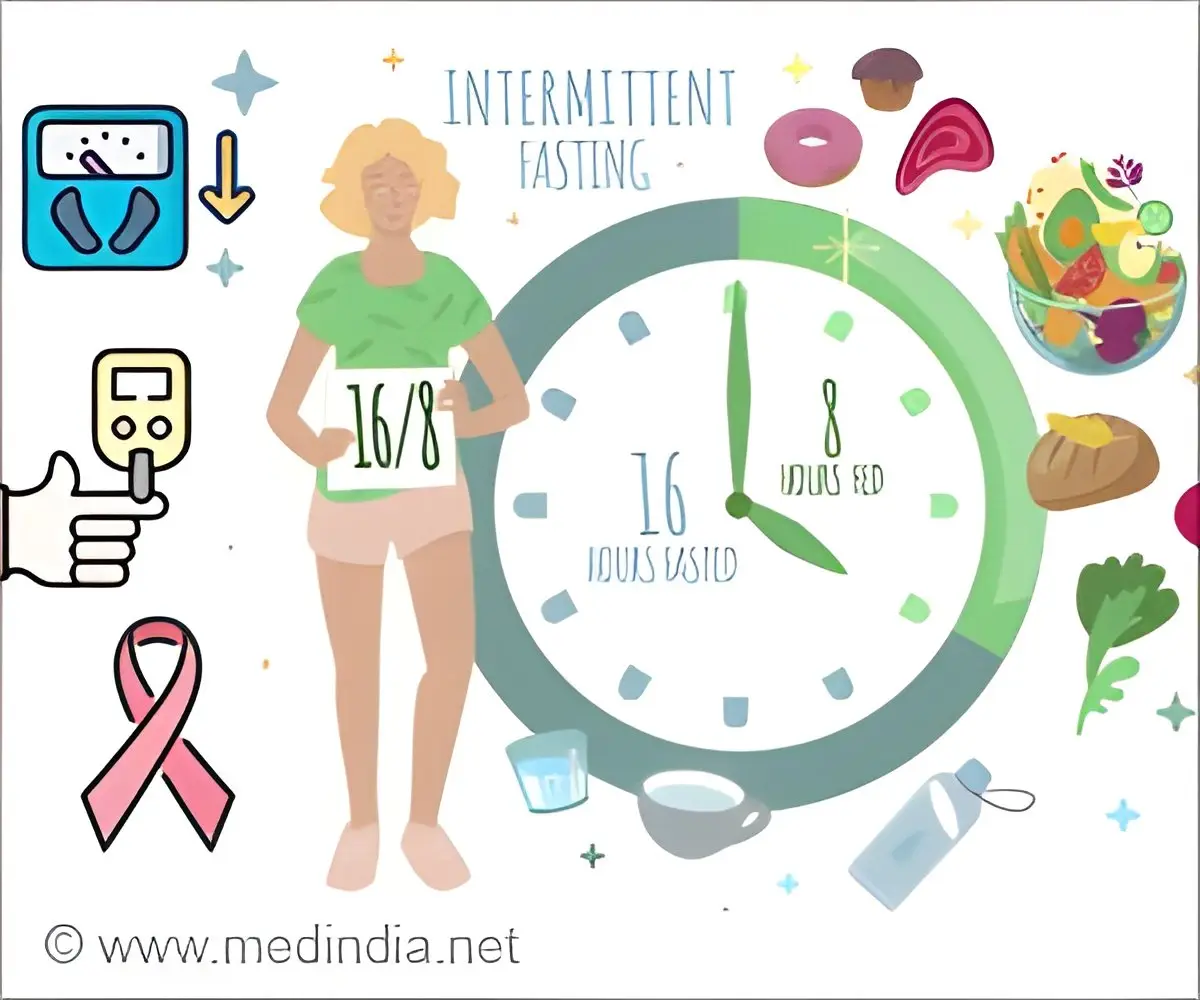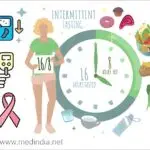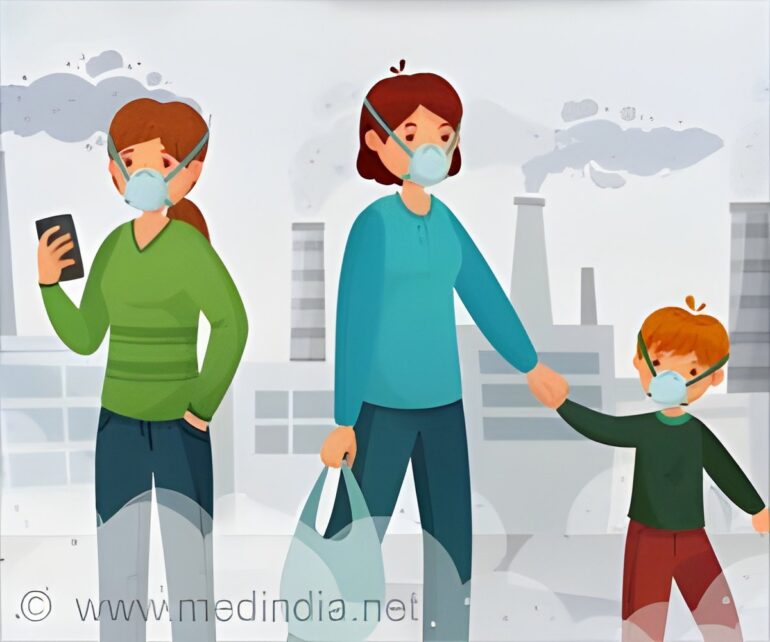-
 play_arrow
play_arrow
Radio Rehoboth

Intermittent fasting may cause nutrient deficiencies, slow metabolism, and impact hormone balance.

Intermittent fasting, a popular diet trend known for its benefits in weight loss and managing conditions like diabetes and heart disease, may pose risks for teenagers, according to a new study. German researchers have found that fasting at a young age could impair cell development, particularly affecting insulin-producing cells in the pancreas.
The study, conducted by scientists from the Technical University of Munich (TUM), LMU Hospital Munich, and Helmholtz Munich, was published in Cell Reports. It reveals that while intermittent fasting improves metabolism in adults, it may disrupt insulin production in younger individuals.
What is Intermittent Fasting
Intermittent fasting (IF) is an eating pattern that cycles between periods of eating and voluntary fasting on a regular schedule. It’s not about what you eat, but when you eat. Popular IF methods include daily time-restricted feeding, like the 16/8 method (16 hours fasting, 8 hours eating), or alternate-day fasting.
Researchers examined the effects of intermittent fasting on adolescent, adult, and older mice. The mice followed a fasting cycle of one day without food followed by two days of normal eating for ten weeks.
- In adult and older mice, intermittent fasting enhanced insulin sensitivity, improving their ability to regulate blood sugar levels.
- However, adolescent mice exhibited a significant decline in beta cell function—cells responsible for producing insulin in the pancreas. Reduced insulin production is linked to metabolic disorders, including diabetes.
“Intermittent fasting is often seen as beneficial for beta cells, so we were surprised to find that young mice produced less insulin after prolonged fasting,” said Leonardo Matta from Helmholtz Munich.
Further analysis revealed that beta cells in younger mice failed to mature properly. When compared to human tissue samples, researchers found a similar pattern in individuals with Type 1 diabetes, where beta cells are damaged by an autoimmune response.
Professor Stephan Herzig, director of the Institute for Diabetes and Cancer at Helmholtz Munich, emphasized that age plays a crucial role in the effects of intermittent fasting.
The findings suggest that while intermittent fasting remains a valuable approach for metabolic health in adults, adolescents should exercise caution. Disrupting insulin production during critical growth years could have long-term consequences, making it essential for teens to follow balanced eating patterns instead of extreme fasting regimens.
Advertisement
Source-Medindia
Go to Source:https://www.medindia.net/news/intermittent-fasting-a-risky-diet-for-teens-218942-1.htm
Author:
Written by: RSS
Similar posts
Chart
Top popular

News Briefs 10/17/23
Board of Commissioners Workshop & Special Meeting – November 6

Six Sussex road projects considered in latest CTP
NFL Week 17 highlights: Packers, 49ers, Saints, Steelers win, Cardinals stun Eagles
Knicks vs. Cavaliers prediction, odds, line, spread, time: 2023 NBA picks, Nov. 1 best bets from proven model
Copyright 2023 East Sussex Public Broadcasting, Inc.






